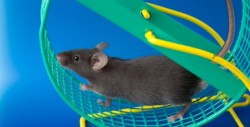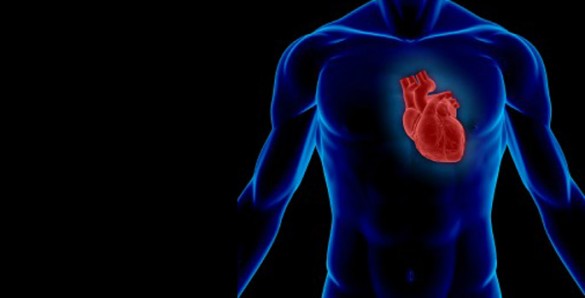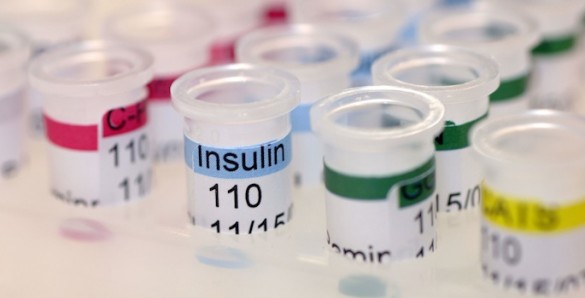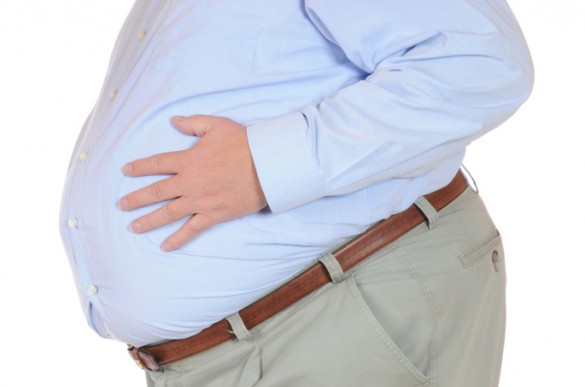
Fatty liver, a reversible condition of fat accumulation in liver cells, can result from excessive alcohol consumption, obesity, type 2 diabetes, or metabolic disorders. Exercise can reverse this process, but the mechanisms underlying this effect are not clear.
Because exercise is known to stimulate the action of glucagon (a hormone that raises blood glucose levels) in the liver, Eric Berglund, David Wasserman and colleagues examined the role of hepatic glucagon action in mice with diet-induced fatty liver. They found that exercise reversed fatty liver in wild type mice independent of weight loss. However, these changes were absent in mice lacking the hepatic glucagon receptor, demonstrating that hepatic glucagon action is an essential component of the exercise-induced reversal of fatty liver.
The results, published in the November issue of Diabetes, also suggest that therapies targeting glucagon action (under investigation as treatments for hyperglycemia in type 2 diabetes) may interfere with the ability of exercise to reverse fatty liver.















